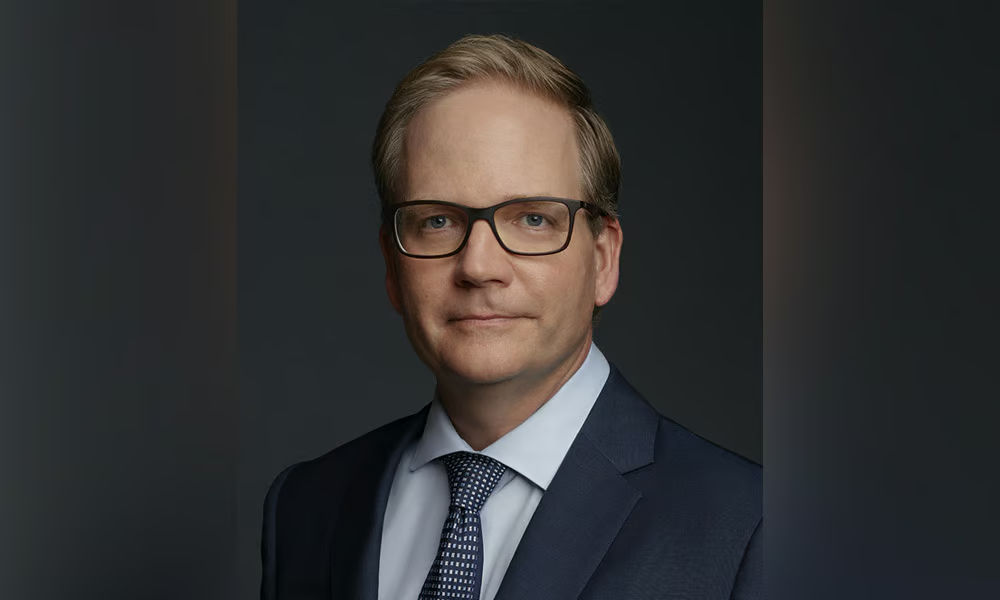Three of Canada’s Big Six have been linked to around 2,000 offshore corporations in the Bahamas
In a surprising revelation, leaked records from the Bahamas corporate registry have shown that three of Canada’s big banks serviced nearly 2,000 offshore corporations in the region since 1990. Subsidiaries of the banks provided various administrative services for the corporations, ranging from paying annual fees to incorporating the offshore companies themselves.
The data was leaked to Sueddeutsche Zeitung, a German publication. The Star and CBC News were able to examine a sample of the leaked data; nothing in the sample indicated any wrongdoing on the part of the banks, according to a report by CBC News.
Nonetheless, one expert has expressed concern. In an interview with the Star, Richard Leblanc, a professor of law, governance and ethics at York University in Toronto, asked: “Why are there so many companies registered and such a high volume in a jurisdiction that doesn't have the population base and economy to support it?”
Tax havens like the Bahamas have a reputation for being used as locales for hiding wealth and laundering money – which is possible given the typical opaqueness of corporate records there. “We don't know whether [the incorporation of those companies was] done for legitimate reasons or tax evasion or avoidance ... It raises red flags in my mind,” said Leblanc.
Still, the Canadian banks are quick to reassure observers that there’s no need for concern. “Tax evasion, fraud and money laundering are illegal, and we have established policies and controls in place to detect and prevent them from occurring throughout RBC,” Royal Bank, which administered 847 of the companies named in the leaked data, said in a statement. “We have policies, controls and teams to ensure we meet legal requirements to prevent and report suspicious transactions.”
Scotiabank, which is the named agent for 481 of the exposed companies, said administering offshore corporations is just a small piece of its Bahamas business, which is a full-fledged retail banking operation with 90,000 customers. The bank also says it monitors offshore accounts daily for irregularities and checks the background of potential customers. “We don't just take all comers,” said Peter Slan, senior vice-president of global wealth management. “We will decline clients. We will close accounts if we are at all uncomfortable with the source of their wealth.”
A statement from CIBC, which is connected with 632 companies, said: “We apply stringent anti-money laundering and anti-terrorist financing standards in every jurisdiction in which we operate ... If we identify any suspicious activity we report it to all relevant regulators.”
The data also includes other prominent Canadian names, including Finance Minister Bill Morneau, who previously ran human resources outsourcing and consulting firm Morneau Shepell. He is named as a director of Morneau Shepell (Bahamas) Ltd., a subsidiary set up in 2014 to consolidate his company’s pension-consulting work in various Caribbean countries.
The data was leaked to Sueddeutsche Zeitung, a German publication. The Star and CBC News were able to examine a sample of the leaked data; nothing in the sample indicated any wrongdoing on the part of the banks, according to a report by CBC News.
Nonetheless, one expert has expressed concern. In an interview with the Star, Richard Leblanc, a professor of law, governance and ethics at York University in Toronto, asked: “Why are there so many companies registered and such a high volume in a jurisdiction that doesn't have the population base and economy to support it?”
Tax havens like the Bahamas have a reputation for being used as locales for hiding wealth and laundering money – which is possible given the typical opaqueness of corporate records there. “We don't know whether [the incorporation of those companies was] done for legitimate reasons or tax evasion or avoidance ... It raises red flags in my mind,” said Leblanc.
Still, the Canadian banks are quick to reassure observers that there’s no need for concern. “Tax evasion, fraud and money laundering are illegal, and we have established policies and controls in place to detect and prevent them from occurring throughout RBC,” Royal Bank, which administered 847 of the companies named in the leaked data, said in a statement. “We have policies, controls and teams to ensure we meet legal requirements to prevent and report suspicious transactions.”
Scotiabank, which is the named agent for 481 of the exposed companies, said administering offshore corporations is just a small piece of its Bahamas business, which is a full-fledged retail banking operation with 90,000 customers. The bank also says it monitors offshore accounts daily for irregularities and checks the background of potential customers. “We don't just take all comers,” said Peter Slan, senior vice-president of global wealth management. “We will decline clients. We will close accounts if we are at all uncomfortable with the source of their wealth.”
A statement from CIBC, which is connected with 632 companies, said: “We apply stringent anti-money laundering and anti-terrorist financing standards in every jurisdiction in which we operate ... If we identify any suspicious activity we report it to all relevant regulators.”
The data also includes other prominent Canadian names, including Finance Minister Bill Morneau, who previously ran human resources outsourcing and consulting firm Morneau Shepell. He is named as a director of Morneau Shepell (Bahamas) Ltd., a subsidiary set up in 2014 to consolidate his company’s pension-consulting work in various Caribbean countries.
Related Stories:
Panama Papers transparency panel members quit amid concerns of government hampering
Court orders Canadian banks to disclose Cayman ties



